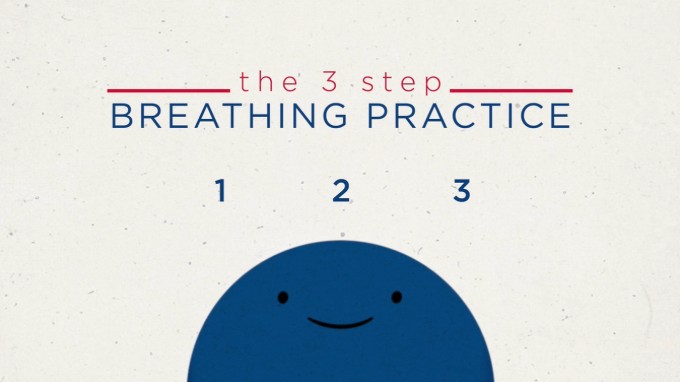New mindfulness tools from the RCN Nursing in Justice and Forensic Health Care Forum could help you live in the moment, reduce stress and improve patient care
“Nobody should be damaged by the work they do, whether that’s physical or psychological,” says Annette Duff, Vice-Chair of the RCN Nursing in Justice and Forensic Health Care Forum, who works as a consultant nurse in secure settings.
Annette has practised mindfulness for around 10 years. She finds it improves her mental wellbeing and helps her get the most from work and home life. She collaborated with a mindfulness facilitator, Fran Cognetti, to create an eight-week course for nurses working in secure settings. The results were positive.
“People said they felt more grounded and less anxious,” says Annette. “They felt they were calmer in the moment and that risks were reduced because they noticed more. They found an ability to leave work at work, rather than take it home with them.”
It became clear that nursing staff everywhere could benefit from mindfulness. Annette, along with Forum Chair Jessica Davidson and RCN Professional Lead Ann Norman, secured £10,000 in sponsorship from LV for the forum to establish the Time and Space project to make mindfulness accessible to all members.
Present in the moment to provide better care
They created six short films, each linked to a stage in the working day: waking up, the journey to work, arriving at work, leaving work, the journey home and arriving at home. Each film encourages you to check in with yourself, making an effort to notice what’s happening in that moment and do a calming breathing exercise. They’re online, so you can watch them whenever and wherever’s convenient.
“It’s helping people to separate home and work, being able to put down home and be very present in the moment at work,” says Annette. “When you’re present in the moment and you’re not worrying about the past or future, you provide better patient care.”
There’s also an introductory video and a leaflet for team leaders, encouraging them to share the six main films with their nursing staff.
Annette says: “Every nurse needs this.”
Six steps to mindfulness
- Connect to your senses to bring you into the moment – notice what you can see, hear, smell and feel.
- Take three mindful breaths, focusing on how it feels when you breathe in and out deeply.
- Be aware of your body, how it feels and any movements you’re making.
- Notice the emotions you’re feeling. Pause to name them, without judging or criticising yourself.
- Notice the type of thoughts in your mind, rather than specific thoughts. Name the types – are they memories, worries, past conversations or future plans?
- Find somewhere to sit or stand to do a three-step breathing practice:
• Awareness: notice how your body feels and what you’re thinking.
• Your breath: become aware of which parts of your body move when you breathe in and out and how this feels.
• Expanding: breathe deeply so it feels like each breath fills your whole body.









